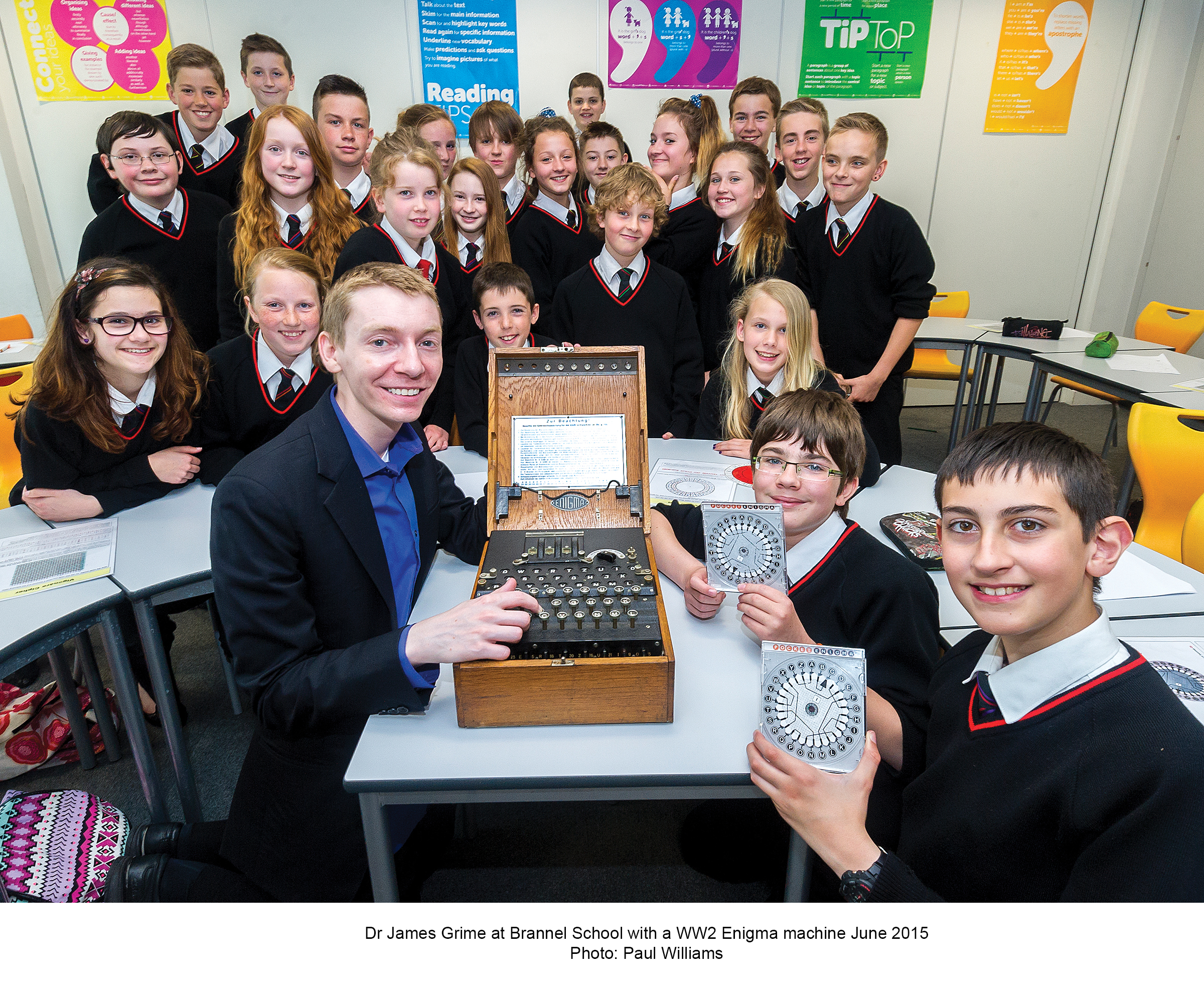Curriculum Content
Year 7 |
In Year 7, our students will further embed the skills developed at primary school. They will look beyond the process of ‘how’ to do maths and investigate and explore ‘why’ the maths works. This deeper understanding will enable our students to begin their journey through secondary maths with a solid foundation and the ability to see maths as a series of interwoven skills rather than stand-alone topics. Learning in mixed-attainment classes enables our students to interact and learn from other students and enables our students to set aspirational goals for their learning. |
Year 8 |
In Year 8, our students explore further key concepts and further develop the skills needed to access the GCSE scheme in Year 9. A focus on the ‘big ideas’ (number, algebra, ratio and proportion) continues to build the foundation needed to succeed in secondary maths. Exploring a broader range of mathematical concepts, the students continue to make the links between the different topics, strengthening the idea of an interwoven subject. |
Year 9 |
Our students begin the Edexcel GCSE syllabus in Year 9. Independent learning and revision skills are focused on in order for our students to give themselves the best opportunity to be successful. Starting the syllabus in Year 9 gives the students the opportunity to explore in depth the concepts needed and to apply this within different contexts. |
Year 10 |
The GCSE syllabus continues by moving onto some more difficult concepts, constantly linking back to the learning from previous years to ensure understanding, not just a learned process. Revision skills are still a big focus and students use their ability to identify their own strengths and weaknesses in order to identify the topics and concepts on which they need more work. |
Year 11 |
Finishing the GCSE syllabus early on within the year means time is spent revisiting key topics and the students use their revision skills and independent learning to ensure they are fully prepared for their exams in the summer term. |
Curriculum Approach
Mathematics is essential for everyday life and our understanding of the world, underpinning technological advances upon which our economic future depends. It is therefore fundamentally important to ensure that all pupils have the best possible mathematics education. Pupils need to have a deep understanding of the mathematics they learn so that they become creative problem-solvers who are confident in working independently and collaboratively, using the mathematical skills so valued in the world of industry and higher education.
At Brannel, through a culture of self-assessment, self-reflection and self-motivation, our students will become strong independent learners who are keenly aware of their own needs and how the mathematics they learn is relevant and connects with the world around them, enabling them to achieve their full potential and become valued members of society.
Phase of Education Specific Requirements
Courses available to pupils at key stage 4, including GCSEs
Edexcel GCSE – Foundation or Higher Tier
Find Out More
To find out more about the independent tasks for KS3, please refer to the Realsmart portfolios. Here you will also find more details about end of unit assessments and the criteria that we use to assess student progress. Alternatively, please contact the head of department or your child’s class teacher.
Future Careers
Through our curriculum offer, we strive to open students’ eyes to the endless possibilities that a good understanding in maths can provide. We do this in a number of ways. Where relevant, we endeavour to link the curriculum to careers. It is not always possible nor productive to link all maths to careers but where it is relevant, topical or authentic, we strive to show our students the importance of maths to particular career paths. Giving our students the opportunity to meet people who use maths in their everyday life and the opportunity to experience maths in a context beyond the classroom. This may be in the form of speakers or visitors into school or external visits beyond the school building.
Studying maths helps develop skills in logical thinking, problem-solving and decision-making, which are valued by employers across many job sectors. Career options include: Actuary, Chartered accountant, Data analyst, Investment analyst, Statistician, Systems developer, Financial manager, Financial trader, Insurance underwriter, Meteorologist, Operational researcher, Quantity surveyor, Software tester.
Mathematics Learning Journey
We equip students with the skills and experiences during their time at school, to be able to progress to Further and Higher Education and ultimately be able to pursue a career within their chosen field.
View our Mathematics Learning Journey.


